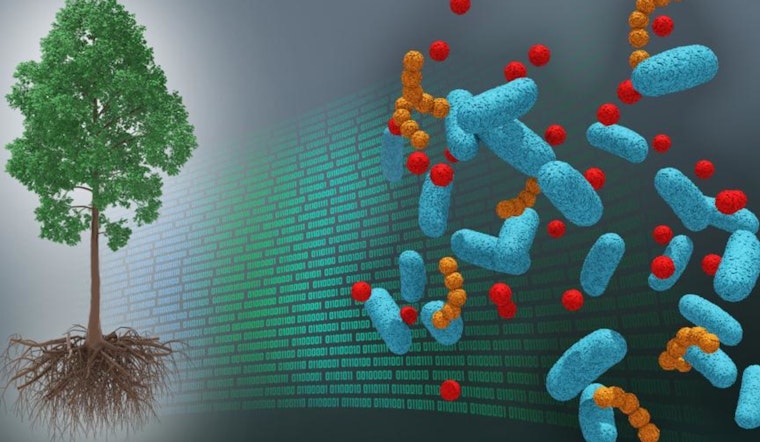
In a significant leap for both forestry and environmental science, a team at Oak Ridge National Laboratory has churned out a comprehensive dataset linking poplar tree genetics to broader ecosystem functions, a move that could revolutionize our understanding of plant roles in climate dynamics and bioenergy. According to a report published in Scientific Data, the dataset provides a wealth of information on 27 different poplar tree genotypes, delving into their genetic structure, microbial interactions, and the chemical nuances of their soil habitats.
The study, spearheaded by Oak Ridge National Laboratory's Center for Bioenergy Innovation, could have major implications for the bioenergy sector and highlight how plants might be modified to serve as better natural carbon sinks; covering two distinctly contrastive ecological zones in Oregon, researchers gathered samples, including leaf, soil, and roots from areas both deluged by frequent floods and those parched by drought.
Mitchel Doktycz, an ORNL Corporate Fellow and project co-lead, described the dataset as "unprecedented in its size and scope." Doktycz believes it to be instrumental in addressing a variety of scientific questions, particularly with the aid of machine learning and detailed statistical analyses to parse out the connections among genetic markers, physical characteristics, and the intricate chemical interplay of the poplar trees.
In what amounts to a treasure trove of data, researchers cataloged 318 metagenomes to pinpoint the diverse microbial life forms existing in symbiosis with the trees, while 98 plant transcriptomes throw light on the range of mRNA molecules in rich detail, the dataset also features 314 metabolomic profiles that shed light on the small molecules coursed by plants and microbes in their growth or when under stress, and it all ties into another layer of data detailing soil's physical and biochemical properties—essential insights for scientists exploring the molecular-to-ecosystem level links.
Melanie Mayes, leader of ORNL's Ecosystem Processes group and another collaborator on the project asserts that the insights gained from this work could be funneled back into optimizing poplar production for biofuels. "The knowledge we generated from this one plant will be folded back into projects that produce biofuels from poplar," she told Scientific Data.
Encompassing over 25 terabytes, the dataset stands as the largest metagenomics repository relate to a tree endosphere available to the public. Christopher Schadt, a project co-lead and ORNL distinguished staff scientist highlighted the accessibility of these findings via the National Microbiome Data Collaborative, a Department of Energy initiative designed to foster the sharing of data on microbiomes' interactions within various environments.









